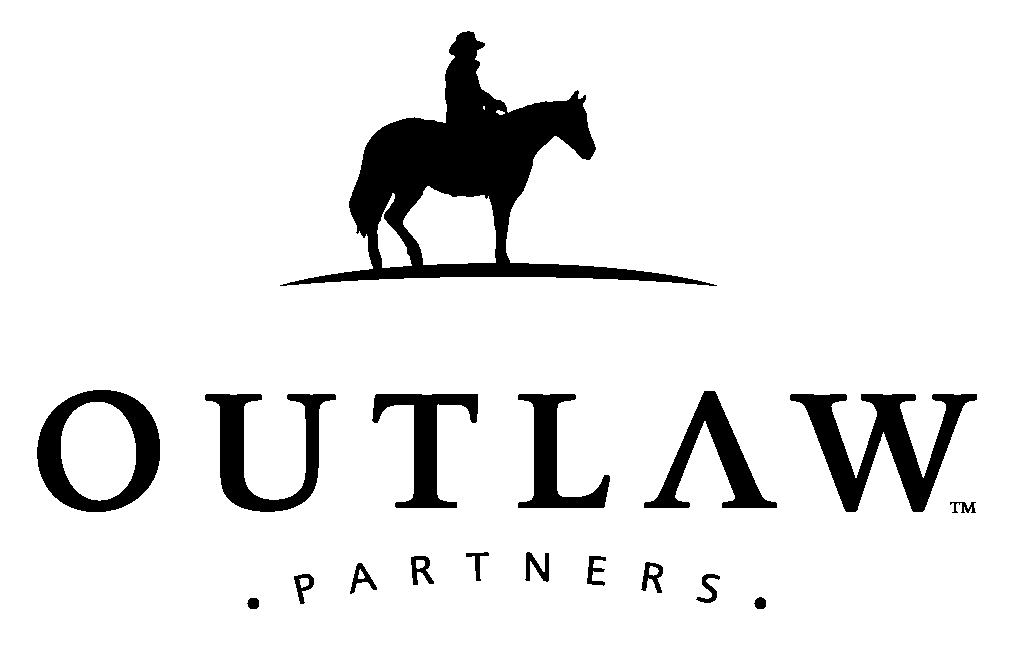EBS STAFF
BIG SKY – The fourth installment of EBS’s virtual Town Hall meetings brought key voices to the weekly conversation, kicking off the evening with Montana Gov. Steve Bullock.
The state executive joined the meeting in between conversations with business leaders, public health experts and others to determine the best way to roll out a phased reopening anticipated to begin April 25, the day following the termination of the governor’s stay-at-home directive. Bullock echoed statements he made in his own press conference last week, advising Montanans to reshape their expectations of what life outside of quarantine conditions will look like.
“Our new normal is going to look a lot different,” the governor said. “The virus isn’t going to go away, and we are going to have to adapt to how we are going to live with it for the next while.”
Bullock stressed the importance of adequate testing availability and capacity in order to achieve progress toward recovery, a feat yet to be achieved. “We’re working on it but as every governor will tell you, we need the federal government to be working with us, not against us.”
Forty-five days after he issued a state of emergency for Montana, Bullock remains wrought with concerns. He acknowledged the reality that his directives—aimed largely at protecting public safety—keep kids at home who are safer going to school and strain economic welfare. “Keeping people from getting sick and dying have been part of what has kept me up for the last 45 nights, and the next 45 is making sure we don’t get in that position where we’re spiking.”
Joining in on the reopening discussion, Yellowstone National Park Superintendent Cam Sholly followed the governor. Sholly, clad in his national park uniform, touched briefly on the series of events leading up the park’s complete closure to visitors as well as how reopening may take form in the coming weeks.
The vast national park, which in recent years has seen the likes of 4 million visitors on an annual basis, many of whom are international, will be challenged with implementing social distancing measures, particularly at hot spots like the Old Faithful boardwalk, which hosts around 11,000 spectators shoulder-to-shoulder every day.
“People talk about wide open spaces,” Sholly said. “The fact of the matter is that when people come to parks like Yellowstone, they go to specific areas normally.”
The superintendent, who referenced the potential of opening the park in stages, also discussed workforce issues due to public health guidance for dormitory housing, as well as rising tension throughout gateway communities. Sholly said that the decision on how and when to reopen will not be as unanimous as the decision was to close the park.
Focusing the meeting locally, Karst Stage CEO Dan Martin offered insight to the visitation climate through the lens of a transportation provider. Martin said Karst’s summer bookings have “fallen off a cliff,” with cancellations extending into the summer. He compared Big Sky’s early closure to a replication of the trend he typically sees now, when shoulder season begins. “We were busy one day and we weren’t the next,” he said.
It’s this adaptability, however, that Martin and others have said will serve the resort community well compared to others. Martin is taking this opportunity to make room for innovation. He shared that a portion of Karst’s Paycheck Protection Program loans are being used for sales training, and he adopted the town hall format within his own company, hosting a virtual forum with around 50 of his employees.
Big Sky School District Dustin Shipman reported success with the transition to distance learning early on, which has been in place for six weeks now. Due to a proactive approach and a 1:1 device program, BSSD was able to get students online within three days of Bullock’s directive to close school facilities on March 15. “[We’re] far from saying we’re business as usual, but I certainly think we’re one of the top two to three school districts in the state that are operating in the current context,” Shipman said.
Shifting gears, the superintendent of the 384-student school offered up a bite of information on the bond ballots that recently landed in mailboxes across Big Sky. Due to current and projected growth, a group of representative community members met with architects in the fall to draft a master facility plan, which includes additional educational and extracurricular programming as well as expansion to athletic facilities. Ballots are due for the $23.5 million bond by May 5.
To close out the town hall, CrossHarbor Capital Partners Managing Director Matt Kidd rehashed the decision-making that ultimately led to the closure of businesses overseen by CrossHarbor—which include businesses in the Yellowstone Club, Spanish Peaks Mountain Club and Moonlight Basin as well as those operated by Lone Mountain Land Company. Kidd said the choice to shut down was ultimately made to protect the Big Sky community and its healthcare system, which at the time had just one ventilator.
Kidd imparted a perspective on the current real estate climate in the area, as well, another primary facet to CrossHarbor’s local presence. Despite the absence of new real estate transactions, he said deals currently in progress are carrying on, and the future looks promising as people in metropolitan areas consider shifting their lifestyles post-pandemic. “If we look … five to eight years down the road, Big Sky looks more desirable than it ever has,” he said.
The fifth EBS Town Hall meeting, which will feature U.S. Sen. Steve Daines, among others, will stream live on the EBS Facebook page next Monday, April 27 at 5 p.m.














